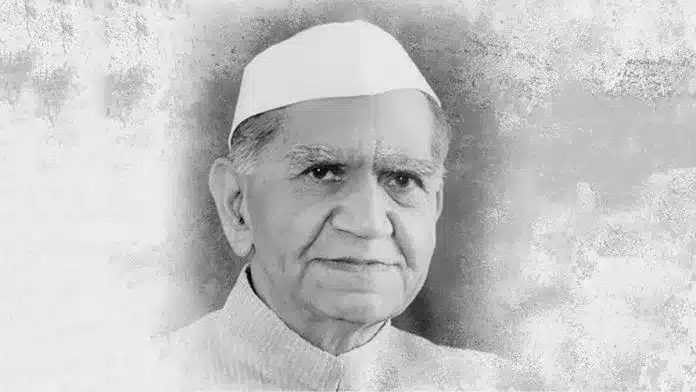Fakhruddin Ali Ahmed | Twitter | Indian Youth Congress
Fakhruddin Ali Ahmed (13 May 1905 – 11 February 1977) was a lawyer, and politician and served as the fifth President of India from 1974 to 1977. Fakhruddin Ali Ahmed was born on 13 May 1905 in the Hauz Qazi area of Old Delhi. Ahmed was chosen for the presidency by Prime Minister Indira Gandhi in 1974, and on 20 August 1974, he became the second Muslim to be elected President of India. He is known to have issued the proclamation of emergency by signing the papers at midnight after a meeting with Indira Gandhi the same day. He used his constitutional authority as head of state to allow him to rule by decree once the Emergency in India was proclaimed in 1975.
Life and Career
Fakhruddin Ali Ahmed was born on May 13, 1905, in the Hauz Qazi area of Old Delhi, India. He hailed from a respected Assamese Muslim family. Ahmed completed his education at the Government High School in Gonda, Uttar Pradesh, and later attended St. Stephen’s College, Delhi. He furthered his studies at the University of Cambridge, England, where he earned a Bachelor of Arts and a Bachelor of Law degree.
Career of Fakhruddin Ali Ahmed: Fakhruddin Ali Ahmed had a distinguished career in politics. He joined the Indian National Congress during the freedom struggle and actively participated in the Quit India Movement in 1942. After India gained independence in 1947, Ahmed held several key positions in the government of Assam.
In 1974, he was appointed as the Minister of Agriculture in the Indian government led by Prime Minister Indira Gandhi. Ahmed played a crucial role in implementing various agricultural reforms and initiatives to improve the lives of farmers in the country.
In 1974, Ahmed was elected as the fifth President of India, succeeding V. V. Giri. He served as the President from August 24, 1974, until his untimely death in 1977.
Tragically, Fakhruddin Ali Ahmed passed away on February 11, 1977, while still serving as the President of India. He suffered a heart attack during a visit to Rashtrapati Bhavan, the presidential residence in New Delhi. Ahmed’s sudden demise shocked the nation, and he was mourned by people across India.
Legacy
Ahmed was known for his advocacy of agriculture and his commitment to the welfare of farmers. Ahmed’s legacy lies in his dedication to public service and his role as the President of India during a critical period. He worked towards promoting agricultural development and ensuring the welfare of the Indian population, particularly farmers. His sudden passing left an indelible mark on the nation, and he is remembered as a leader who cared deeply for the people.

